Hi there, pet lovers! 🐟
Betta fish (Betta splendens) are among the most popular aquarium pets—and for good reason. With their dazzling colors, flowing fins, and fascinating behaviors, these little warriors captivate hobbyists of all experience levels. But are they the right pet for you?
In this detailed review, we’ll cover everything you need to know about betta fish, from their unique biology and care requirements to their temperament and cost. Whether you’re a first-time fish owner or a seasoned aquarist, this guide will help you decide if a betta is the perfect aquatic companion for your home.
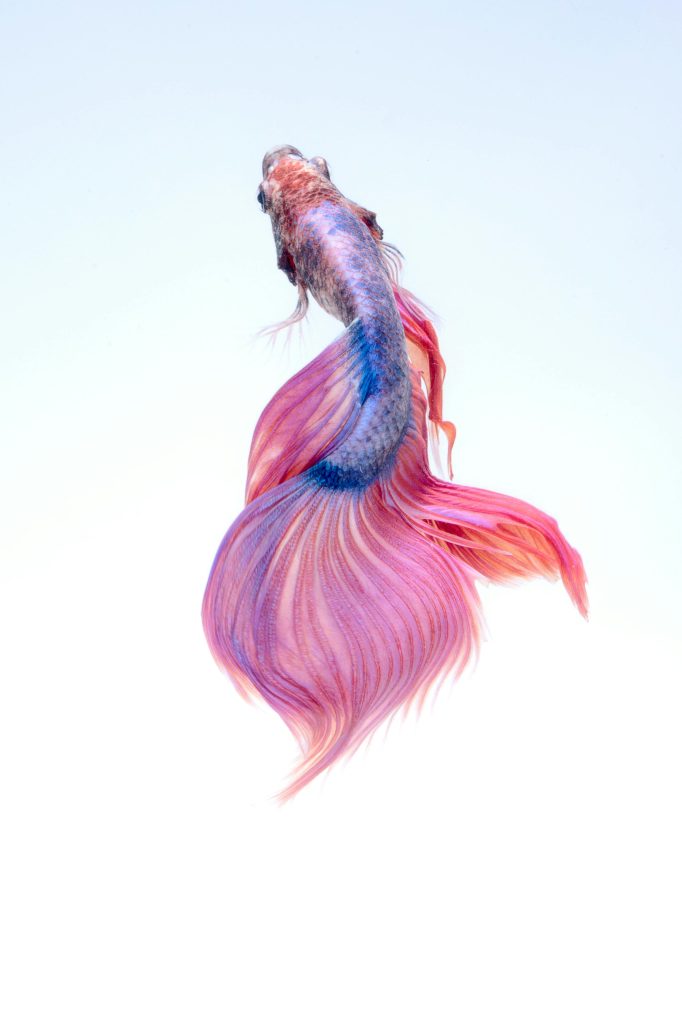
Overview
Betta fish, also known as Siamese fighting fish, are small, colorful freshwater fish native to Southeast Asia. They are famous for their vibrant hues, elaborate fins, and territorial nature. Here’s a quick summary of what makes them stand out:
- Handling and Temperament: Not meant for handling, but easy to observe and interact with.
- Care and Maintenance: Moderate care level—requires stable water conditions and proper heating.
- Health and Durability: Hardy if kept in the right environment, but sensitive to poor water quality.
- Availability: Extremely common in pet stores and online.
- Cost: Affordable to purchase, but proper setup requires some investment.
- Overall: A stunning, low-maintenance fish for dedicated keepers.
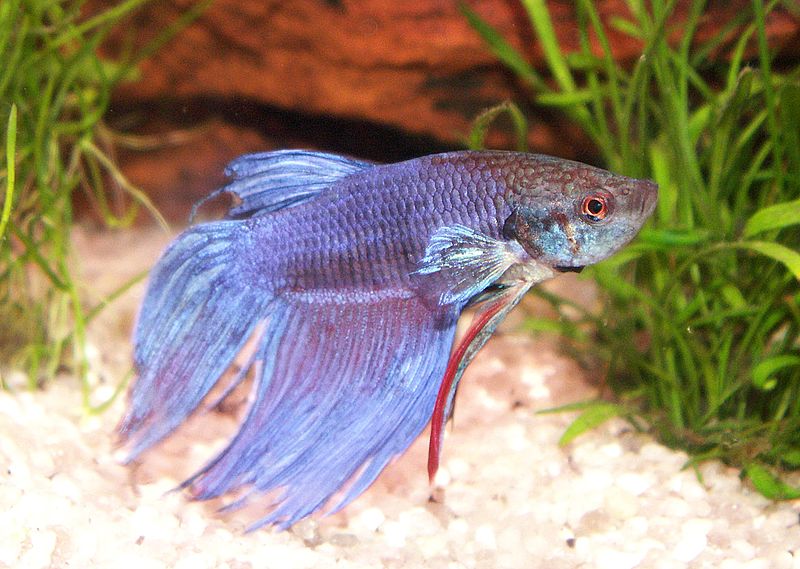
Why Choose a Betta Fish?
Betta fish are ideal for those who want a visually striking, interactive, and relatively low-maintenance pet. Their small size makes them perfect for apartments, dorm rooms, or offices. Unlike many fish, bettas have personality—they recognize their owners, flare at their reflections, and even learn to follow fingers.
However, they are not community tank fish by nature. Their aggressive tendencies mean they often do best alone or with carefully selected tankmates.
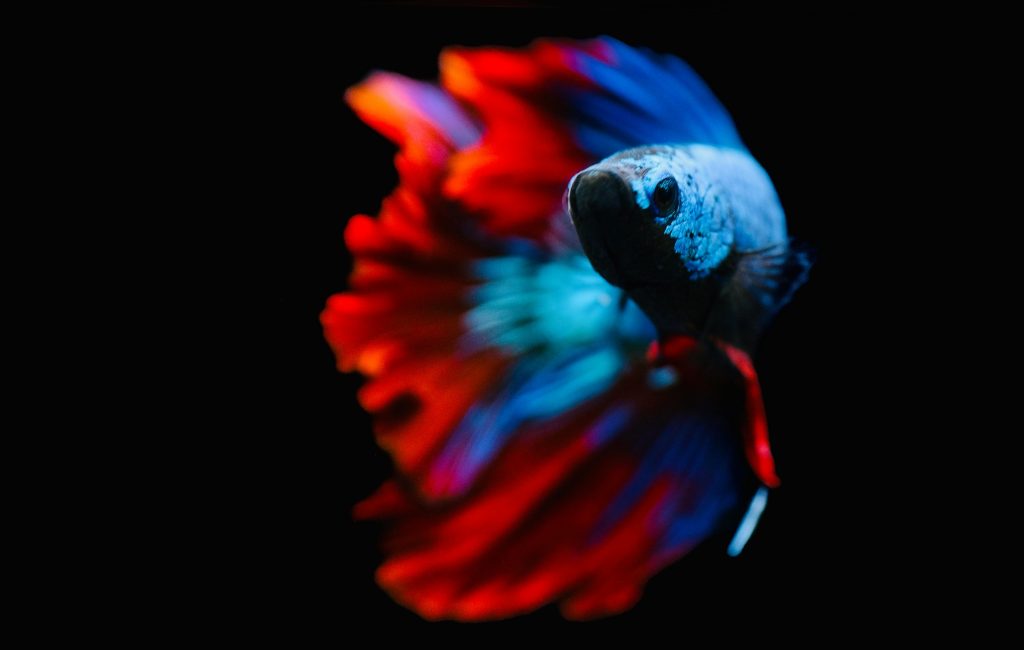
Handling and Temperament
Personality and Behavior
Betta fish are solitary, territorial, and highly intelligent for their size. Males, in particular, are notorious for their aggression toward other bettas. However, they can be curious and interactive with their owners.
- Flaring: A defensive display where they puff out their gills and fins—common when they see their reflection or another betta.
- Bubble Nesting: Males build floating bubble nests when ready to breed, a sign of a happy, healthy fish.
- Recognition: Many bettas learn to recognize their owners and will swim to the front of the tank when approached.
Can You Handle a Betta Fish?
Unlike reptiles or mammals, bettas should not be handled. Their delicate fins and slime coat can be damaged, and they do not benefit from physical interaction. However, they are easy to:
- Move (using a cup or net).
- Feed (they often eat from fingers).
- Observe (their behaviors are fascinating).
Important Note: Never keep two male bettas together—they will fight to the death. Even females can be territorial and should only be housed together in large, well-planned setups.
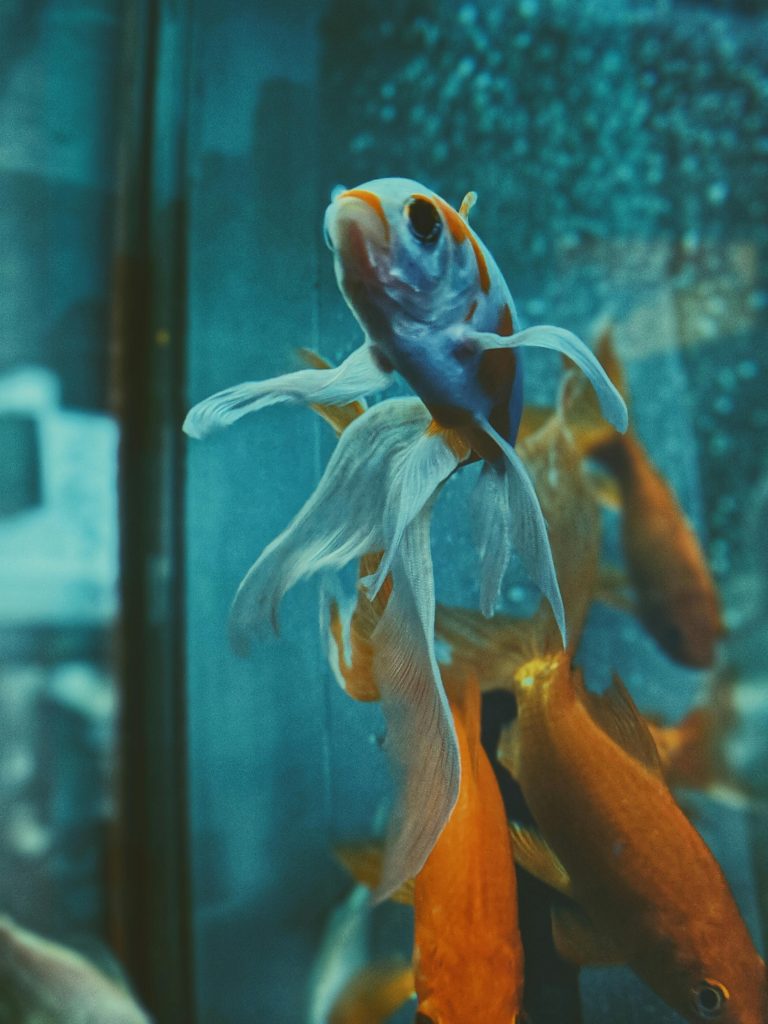
Care and Maintenance
Tank Setup
- Minimum Tank Size: 5 gallons (10+ is ideal). Small bowls or cups are unacceptable for long-term health.
- Filtration: Gentle flow (bettas hate strong currents). Sponge filters work well.
- Heating: 75–80°F (24–27°C)—a small heater is essential.
- Substrate: Sand or smooth gravel (avoid sharp decor that can tear fins).
- Decorations: Live or silk plants (plastic can injure fins), caves, and resting spots near the surface.
Water Conditions
- pH: 6.5–7.5 (slightly acidic to neutral).
- Ammonia/Nitrites: 0 ppm (deadly to fish).
- Nitrates: <20 ppm (regular water changes required).
- Water Changes: 25–50% weekly to maintain cleanliness.
Feeding
- Staple Diet: High-quality betta pellets (avoid fillers like wheat).
- Supplemental Foods: Frozen or live bloodworms, brine shrimp, daphnia (2–3 times a week).
- Feeding Schedule: 2–3 small meals daily (avoid overfeeding).
Lighting
- Moderate lighting (too much encourages algae).
- No UVB needed, but a natural day/night cycle is beneficial.
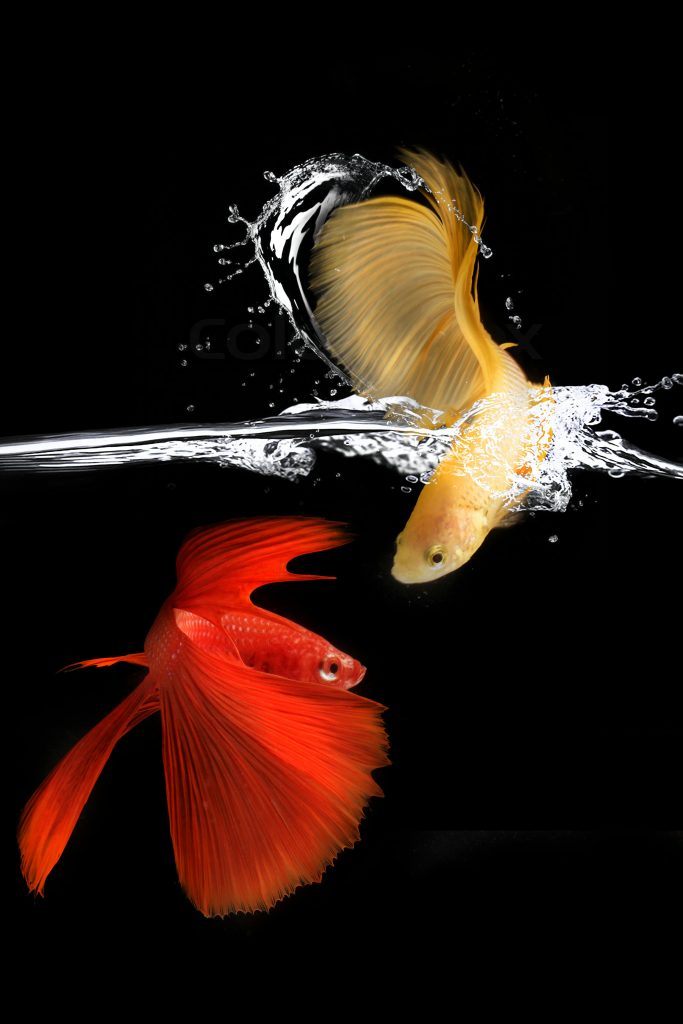
Health and Durability
Common Health Issues
- Fin Rot: Caused by poor water quality—treat with clean water and antibiotics if severe.
- Ich (White Spot Disease): Parasitic infection—treat with aquarium salt or medication.
- Swim Bladder Disorder: Often due to overfeeding—fast for 1–2 days, then feed daphnia.
- Stress: Can lead to faded colors and lethargy—ensure proper tank conditions.
Preventative Care
- Quarantine new fish before adding to a community tank.
- Avoid overcrowding—bettas need space.
- Test water weekly with a liquid test kit (strips are unreliable).
With proper care, bettas can live 3–5 years (sometimes longer).
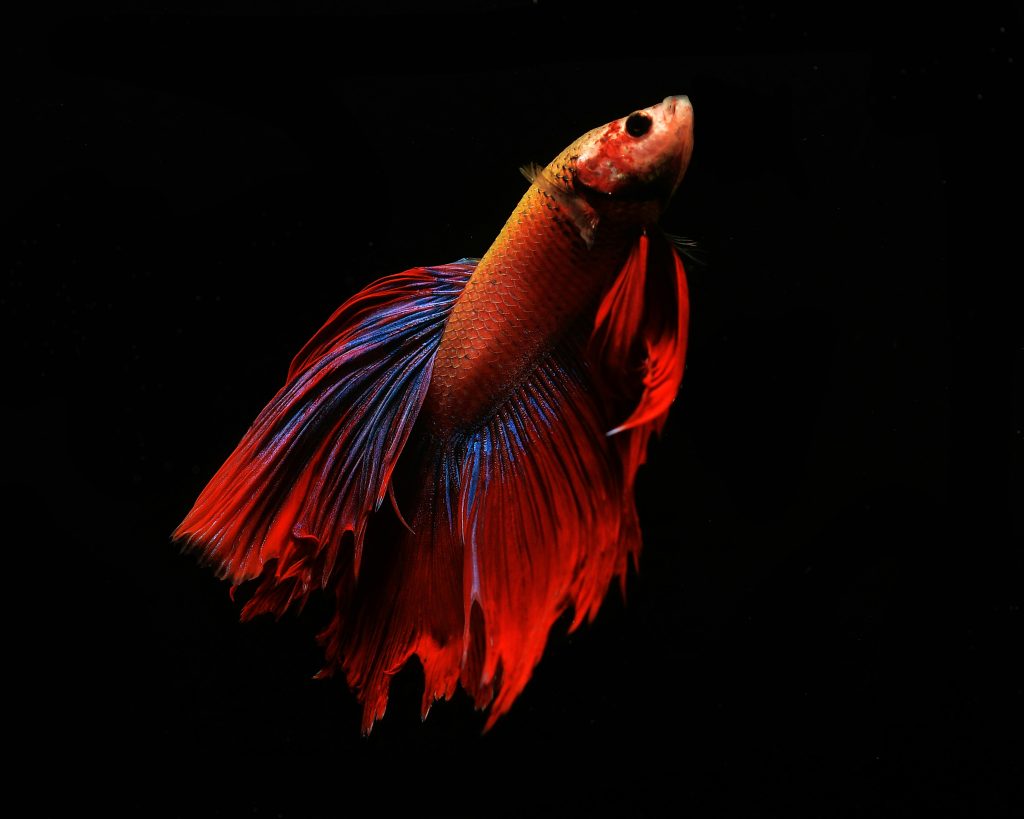
Availability and Cost
Where to Buy
- Pet Stores: Common but often kept in poor conditions.
- Breeders: Best for high-quality, healthy bettas with unique colors.
- Online: Reputable sellers offer a wide variety of morphs.
Cost Breakdown
- Betta Fish: $5–$50 (common varieties are cheap; rare morphs cost more).
- Tank Setup: $50–$150 (heater, filter, decor, etc.).
- Monthly Costs: $10–$20 (food, water conditioner, electricity).
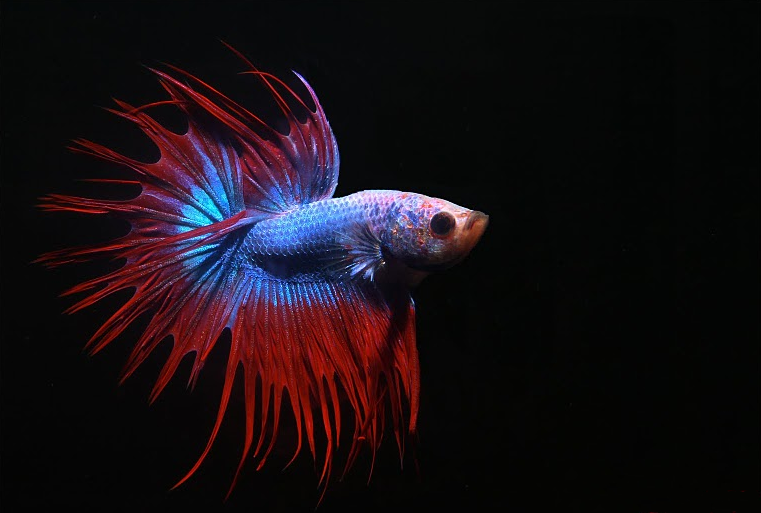
Pros and Cons
Pros
✅ Stunning colors & unique personalities.
✅ Low space requirements (compared to other fish).
✅ No need for a tankmate (thrives alone).
✅ Long lifespan for a small fish (3–5+ years).
Cons
❌ Cannot be kept with other bettas (aggressive).
❌ Requires stable water conditions (sensitive to poor care).
❌ Not ideal for handling (delicate fins).
❌ Needs a heater (cannot survive in cold water).
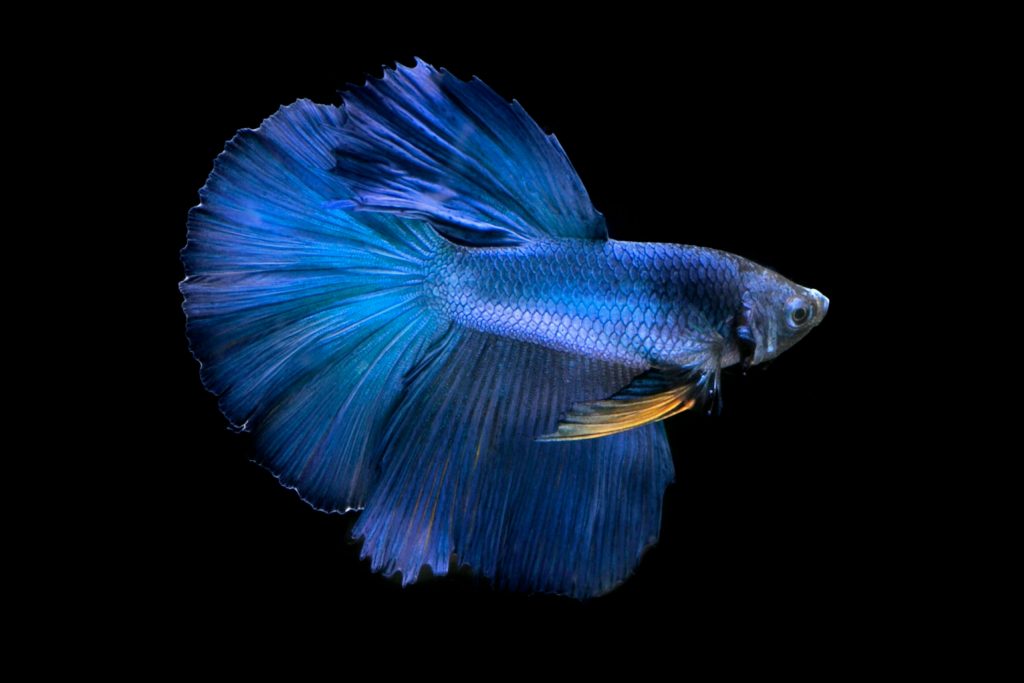
Final Thoughts
Betta fish are beautiful, engaging, and relatively easy to care for—but they are not “starter fish” that can live in tiny bowls. They require proper heating, filtration, and regular maintenance to thrive.
If you’re willing to provide the right environment, a betta can be a rewarding and mesmerizing pet. Their vibrant colors and quirky behaviors make them one of the most interactive fish you can own.
Thinking of getting a betta? Visit a reputable breeder or specialty store to find a healthy, happy fish. And remember—bigger tanks mean happier bettas!
Have you kept bettas before? Share your experiences in the comments! For more fish care tips, check out our other guides. 🐠

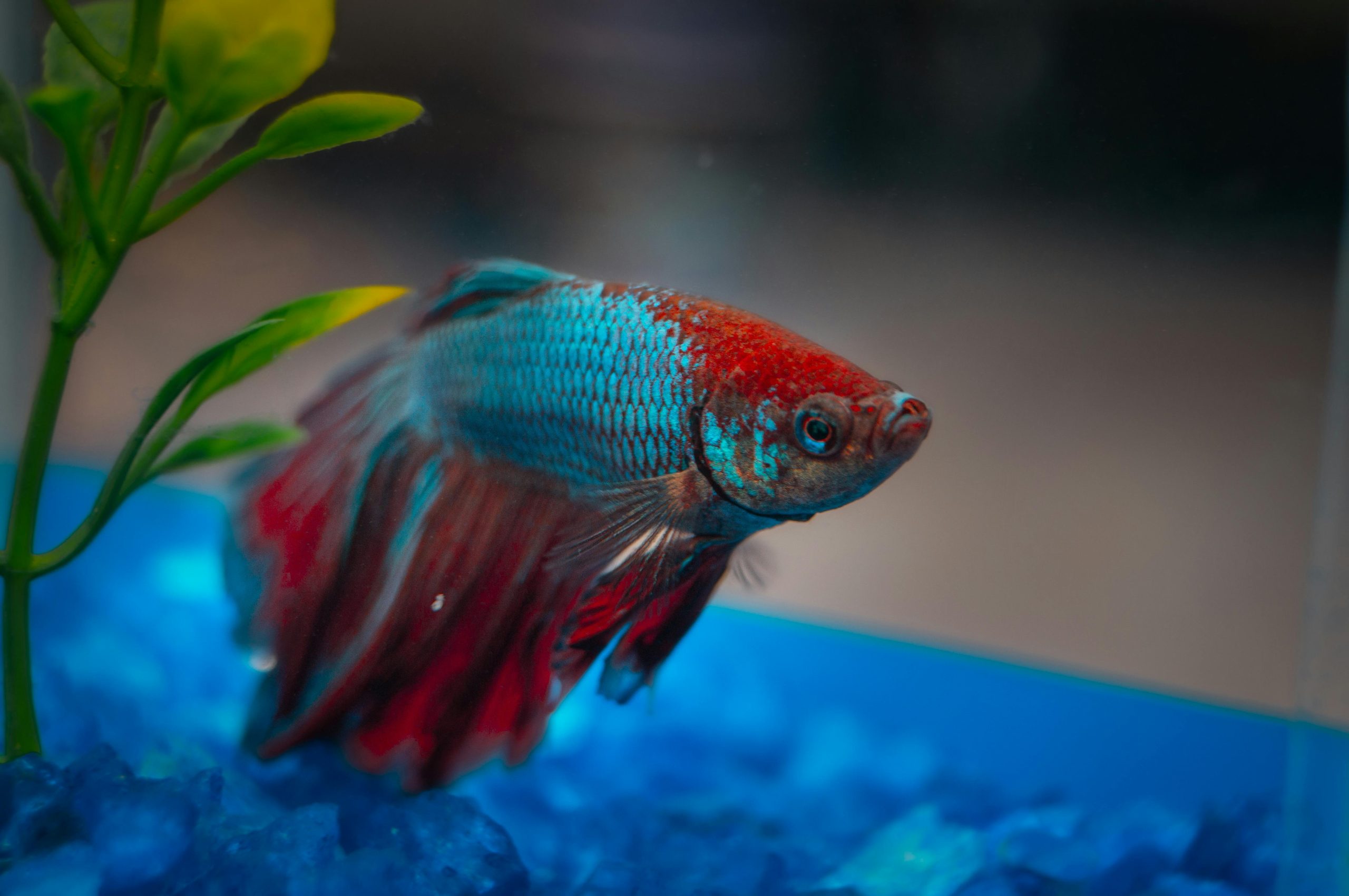

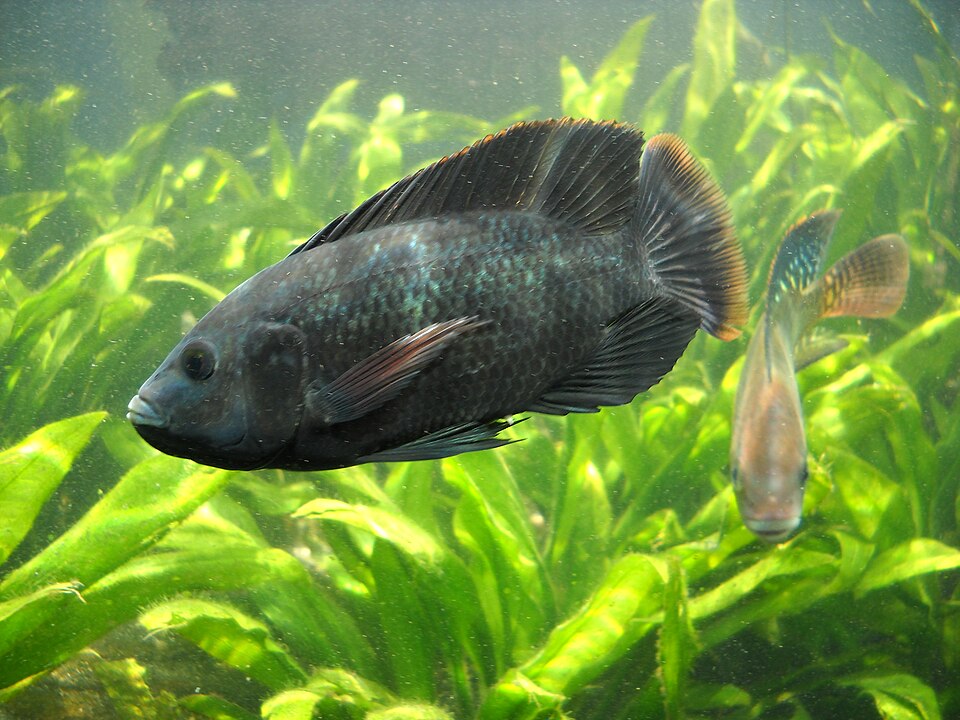
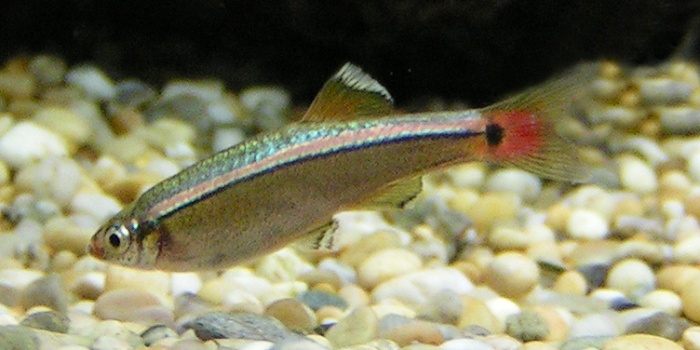
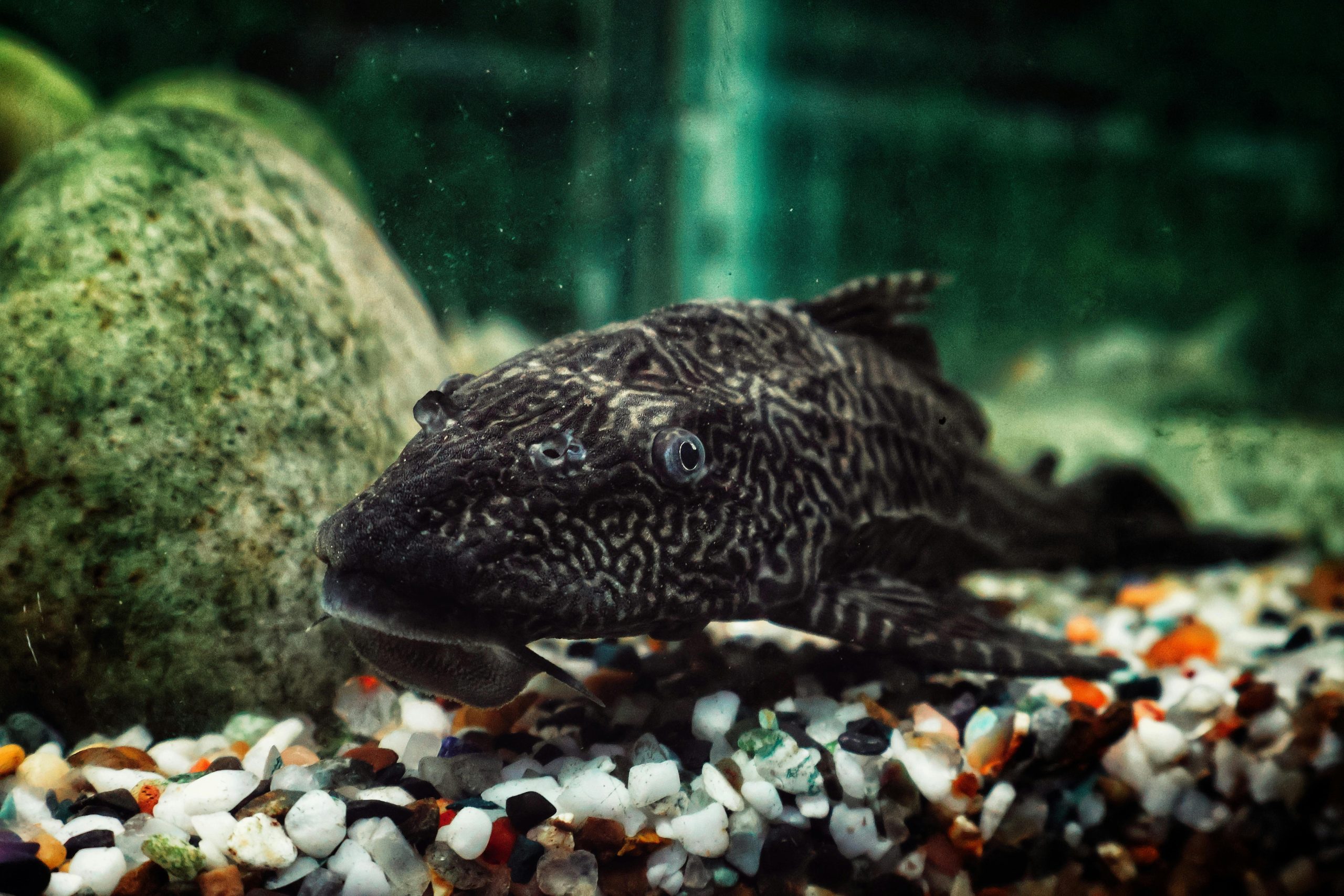
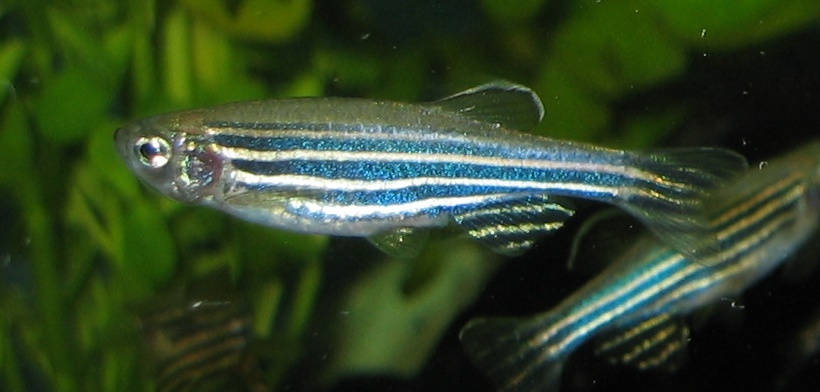
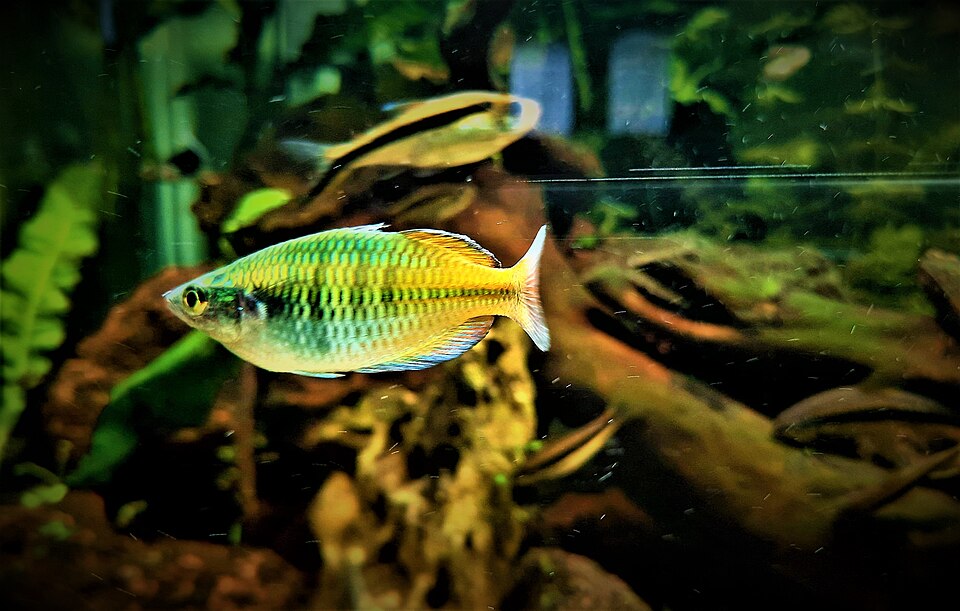
Leave a Reply